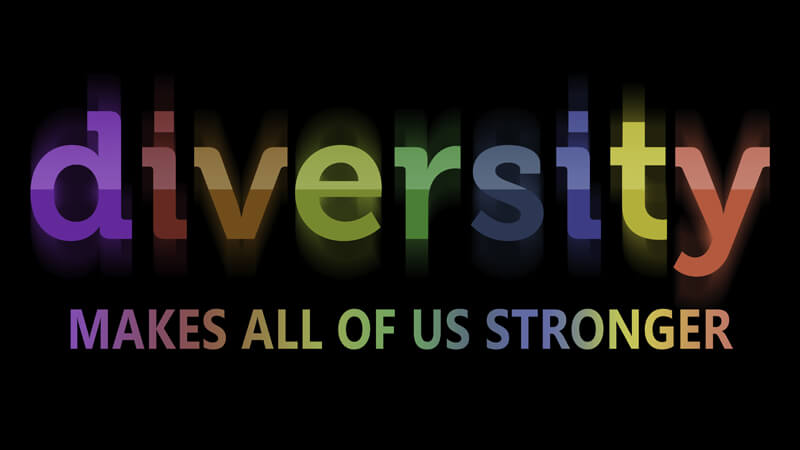
Your job description
Present yourself as the person who is as close as possible to what an employer is likely to be looking for. Start out by asking yourself what skills and personal characteristics you would want to hire if you were the manager trying to fill this position. Do you really know or do you just think you know? Not long ago, a senior executive recruiter from one of the country's largest firms stated that she recently conducted three searches for chief financial officers-and the fundamental requirement for each was quite different. One was for an individual strong in financial control systems, one for a merger-and-acquisition specialist, and one for a capital-raising specialist. A good resume for a chief financial officer should include, if possible, accomplishments in all three of these functions, among other things. Make sure your accomplishments show the widest range in the functions of your fob objective.
To get better perspective on the market for your skills, one of the first steps is to write a realistic description of the job you're seeking. A general job description of the type found in most manuals is not good enough. You will need one that outlines the key functions of the job in depth (the important items that are critical in an employer's decision to hire).
Make a list of the principal functions and personal attributes shown in The Wall Street Journal and New York Times ads for similar jobs and tally their frequency. Then prepare a job description listing the functions and personal characteristics required in order of importance. In resumes, in letters, and in interviews try to appear as close to the ideal candidate as possible. Don't worry if you're quite far from it, because almost everybody else will be too. The closer you can appear to the ideal candidate, the more favorable an impression you're likely to make.
This exercise is important because it will help identify functional experience you lack. Part of your preparation will be to develop a strategy to cope with this. It can be done by showing that you have had comparable experience, you have frequently handled new challenges well, and that you are a fast learner.
Another slant on understanding an employer's point of view is to ask yourself, "What are the main reasons sales managers (or whatever) fail on the job?" Some of these reasons will be paramount in the minds of prospective employers. Obviously many don't meet their company's sales goals. The same with expense targets and the various other functions listed above. In addition, though, there are many other things which are required for success on the job-developing imaginative plans, being sensitive to the boss's quirks, preparing timely and accurate reports, and so on. Make a list of as many of these as you can.
The importance of personal characteristics
The conventional approach to preparing your credentials is stressing technological skills. These are extremely important-you need a high level of skills for the job you're seeking. However, often the choice between top candidates for an executive job is based on personal characteristics. Betty Black was turned off by qualified computer-manager candidates because of their apparent bias on the requirements of the job. As you will see in the chapter on improving interviewing effectiveness, the key is to find out early the requirements the employer feels are needed most in the person to be hired. You can and should predict pretty well what the employer's likely top priorities are for such a job.
Many of these nontechnical attributes are applicable to any job-and should be developed in your preparation. These are such things as:
Do you consistently do good work?
Do you get jobs done on time? Within budget?
Are you resourceful (i.e., will you find a solution to critical problems where others won't)? Do you anticipate problems-rather than react to them? Do you keep your boss well informed? Are you 100 percent loyal? Are you a team player?
Do you get along well with people at all levels? Do you follow through? Is your first priority to help your boss get done what he or she needs to get done? Do you get the nitty gritty done (often a key to success on a job) as well as perform well on the major projects? Do you set priorities and work toward them? Are you effective in developing people? Do you have good credibility? Are you somebody who is well informed and continually learning? Do you follow company policy? Are you known for being thorough? Do you work well under pressure?
From your lists of skills and personal attributes, developed from ads, and your list of the reasons why executives fail in your type of job, develop a list of the job requirements.
Select 12 to 15 of the most important and arrange them in priority order. These are the items that should be emphasized in your resume and in personal interviews. Such a list is shown in the accompanying sample job description for a sales manager.
Now that you have identified the key things an employer may be looking for in the job you're seeking, examine your experience, aiming to present it most effectively.
